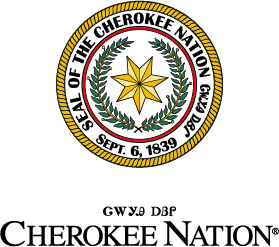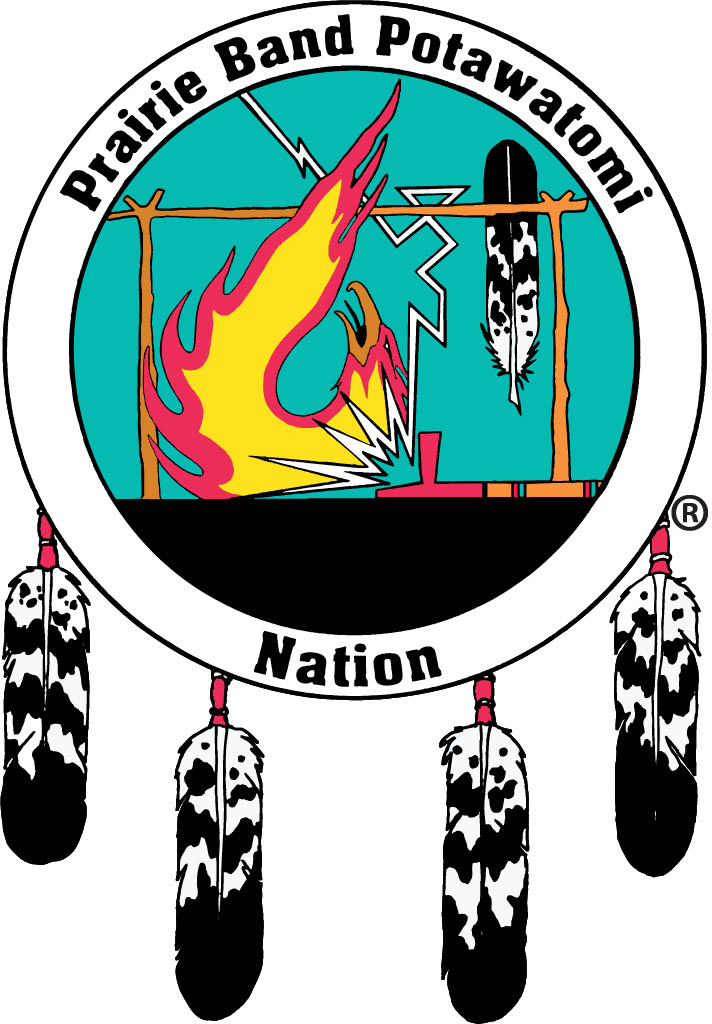
Heritage Unbound: Native American Citizenship at 100
On June 2, 1924, President Calvin Coolidge signed into law the Indian Citizenship Act, also known as the Snyder Act, which allowed in a blanket occasion for Native Americans to become citizens of the United States.
The Act intended to answer the question of how to deal with what Indian scholars refer to as the “Indian problem.” Leading up to the Act, there had been discussion at a federal level over full birthright citizenship for American Indians. The legislation gained support with the realization that more than 12,000 American Indians fought in the US military during World War I.
A portion of the Act read:
“All noncitizen Indians born within the territorial limits of the United States be, and they are hereby, declared to be citizens of the United States: Provided that the granting of such citizenship shall not in any manner impair or otherwise affect the right of any Indian to tribal or other property.”
In observation of this historic occasion, our Indigenous newsrooms — Native News Online and Tribal Business News — proudly present "Heritage Unbound: Native American Citizenship at 100." This isn't just a reflection on history; it's an exploration of its lasting positive and negative impact.
Our program will be streamed on Sunday, June 2, 2024, at 12 noon ET, with additional showings scheduled throughout the month of June. The stream will feature discussions with Native American leaders to discuss the historic legislation and what citizenship means for our people and future generations.
Chii Megwetch to our Sponsors and Supporters:




